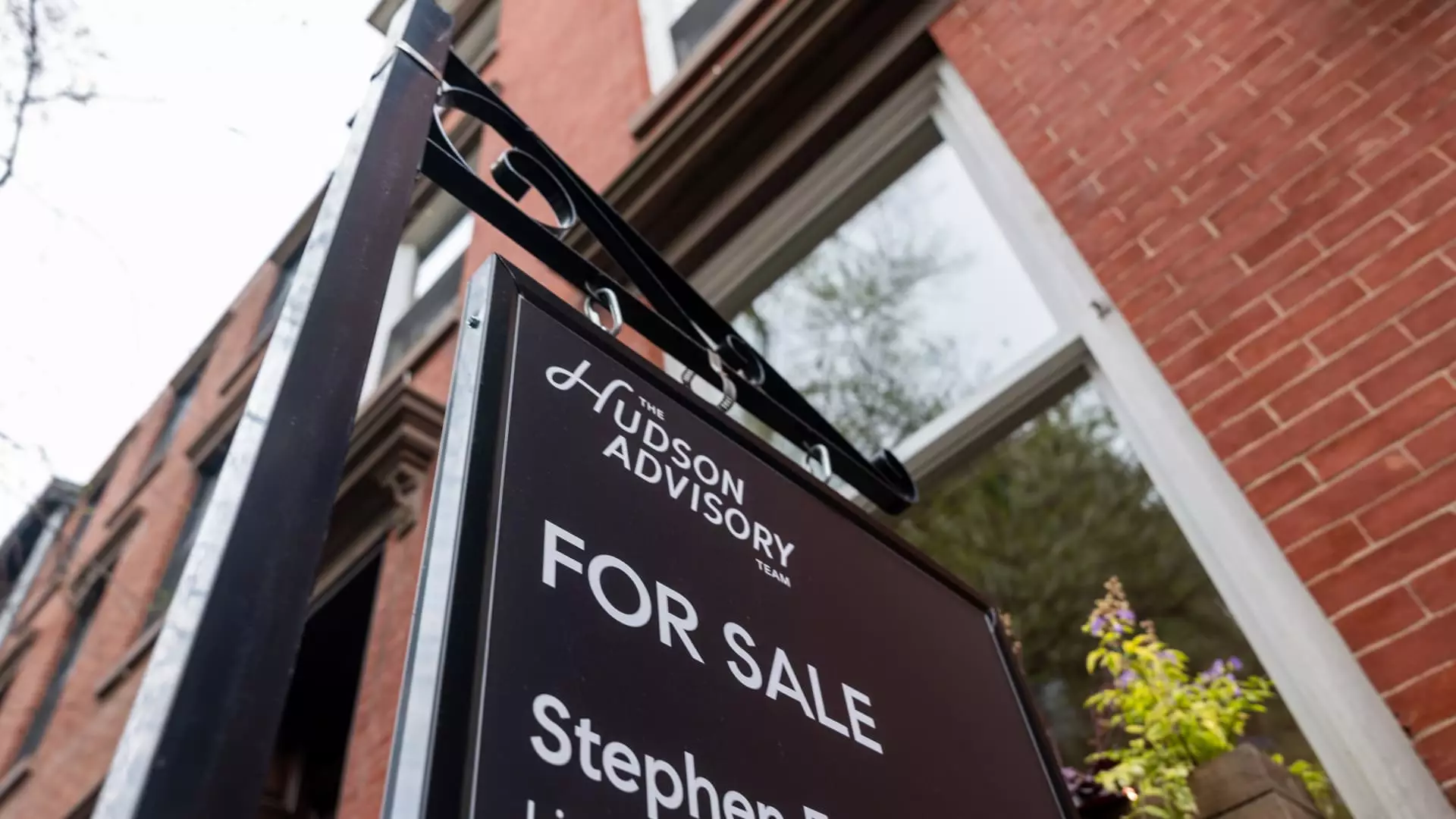In a startling turn of events, the average rate for the quintessential 30-year fixed mortgage shot up 13 basis points to a staggering 7.1%—marking the highest level we’ve seen since mid-February. According to Mortgage News Daily, this roller coaster of rate fluctuations is not just a blip; it signals underlying issues in our economy that can’t be overlooked. With this rapid spike, many prospective homebuyers are left scrambling, trying to adapt to a new financial landscape that seems more hostile by the day.
Tariffs and Market Manipulations
What’s behind this astronomical jump? A curling series of events that began with President Donald Trump’s imposition of fresh tariffs on numerous nations sent bond yields spiraling, only to see a flicker of hope when those rates were lowered, but not before wreaking havoc. The tariffs on Chinese imports stand resolute at a dizzying 145%, sealing the fate of many economic transactions and, inevitably, the housing market. The inflationary pressures from these tariffs cannot be ignored; they play a significant role in shaping consumer sentiment and the broader economic framework.
The Unrelenting Pressure on Bonds
As bond yields remain on a taut leash, experts like Matthew Graham, COO of Mortgage News Daily, suggest we may finally be witnessing the “worst week for 10-year yields since 1981.” However, is it mere coincidence that this has occurred right before the critical spring housing market? With consumer confidence plummeting and mortgage rates simultaneously climbing, we can’t help but feel that potential homeowners are being caught in a perfect storm.
This week witnessed a significant inflation report that, while cooler than expected, didn’t offer much relief. A substantial increase from 5% in March to 6.7% in April—an inflation level reminiscent of decades past—signals a concerning trend that makes both home purchasing and general economic stability feel like a game of chance.
Consumer Sentiment and the Housing Market
Amidst this turmoil, the consumer sentiment index plunged substantially lower than anticipated, indicating that average Americans are growing more wary of the stability of their financial futures. Nancy Lazar, Chief Global Economist at Piper Sandler, noted the prevailing sentiment: “Forget about housing in this environment.” Her keen observation encapsulates the truth—housing isn’t just another market; it’s a vital part of the financial identity for most consumers. Fragile job markets only complicate matters further, leaving homebuyers in a precarious situation.
In this challenging economic atmosphere, the rallying belief that a home is a sanctuary and investment feels increasingly tenuous. The confluence of rising mortgage rates, tariffs, and economic uncertainties raises a cautionary flag over the real estate landscape. For the average consumer, the dream of homeownership has never seemed so out of reach, and it begs the question: are we approaching a housing crisis that could reshape our society?


Leave a Reply